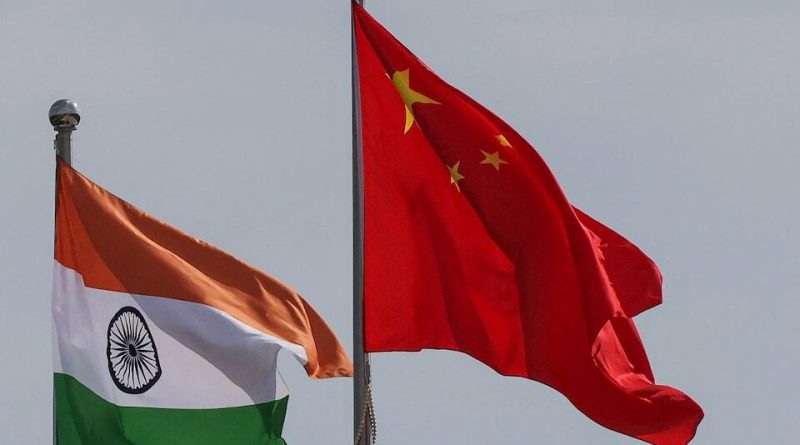India and China Set to Resume Direct Flights, Strengthening Bilateral Connectivity After Five Years
New Delhi – India and China are set to resume direct flights between designated cities later this month, marking a major step forward in strengthening bilateral ties and signaling a renewed era of connectivity after more than five years of suspension, India’s Ministry of External Affairs confirmed on Thursday.
The resumption of direct flights is expected to facilitate smoother travel for business, tourism, and cultural exchanges, further bolstering the economic and diplomatic relationship between Asia’s two largest economies. Since 2020, there have been no direct flights between the two nations, even though China remains India’s largest bilateral trade partner, underscoring the significance of this development for commerce and people-to-people interaction.
IndiGo, India’s largest airline, will operate daily non-stop flights between Kolkata and Guangzhou starting October 26. The airline also announced plans to launch a direct route connecting New Delhi with Guangzhou, providing faster and more convenient travel options for business leaders, tourists, and students. These routes are expected to significantly reduce travel time while enhancing trade and tourism opportunities.
The move comes after Indian Prime Minister Narendra Modi’s recent visit to China, his first in seven years, to attend the Shanghai Cooperation Organisation (SCO) summit in Tianjin. During the summit, Modi and Chinese President Xi Jinping reiterated that the two nations are development partners rather than competitors. The leaders discussed ways to strengthen trade ties, enhance regional stability, and collaborate on strategic infrastructure and technological initiatives amid global economic uncertainties.
Prime Minister Modi emphasized India’s commitment to improving bilateral relations while also addressing trade imbalances, noting that India is keen on fostering a mutually beneficial economic partnership. The discussions highlighted the importance of maintaining peace and stability along their shared border, particularly in the context of the military standoff triggered by the 2020 clash. Both leaders expressed optimism that improved connectivity, including the resumption of direct flights, would enhance diplomatic dialogue and economic collaboration.
Experts highlight that direct flights will play a crucial role in supporting business exchanges. By enabling faster transport of professionals, investors, and goods, these routes are expected to accelerate trade deals, joint ventures, and investment flows. India-China trade currently exceeds $100 billion annually, and streamlined travel is poised to strengthen supply chain efficiency and market access for both nations.
The resumption of flights also carries significant symbolic importance. It demonstrates the commitment of both governments to restore normalcy in bilateral relations while balancing strategic interests with economic priorities. By fostering people-to-people connections, the flights can also strengthen tourism, academic collaborations, and cultural exchanges, which have historically been important pillars of India-China relations.
Airline executives and travel industry stakeholders have welcomed the announcement, noting that the new routes will provide passengers with safer, faster, and more convenient travel options, while also encouraging increased tourism and business traffic. The aviation sector is expected to benefit from this growth in passenger volume, creating new employment opportunities and enhancing regional connectivity in Asia.
This historic step is widely regarded as a positive signal for international investors, businesses, and policymakers, showcasing that India and China are committed to collaboration and dialogue, even amid global uncertainties and regional challenges. The restoration of direct flights reinforces the idea that both nations are prioritizing economic partnerships, connectivity, and long-term cooperation.
As flights resume and skies reopen between India and China, experts anticipate increased engagement across sectors, including technology, education, tourism, and trade. The initiative reflects a forward-looking approach to diplomacy that balances pragmatic economic interests with strategic considerations, promising a new chapter of constructive relations between the two Asian giants.


